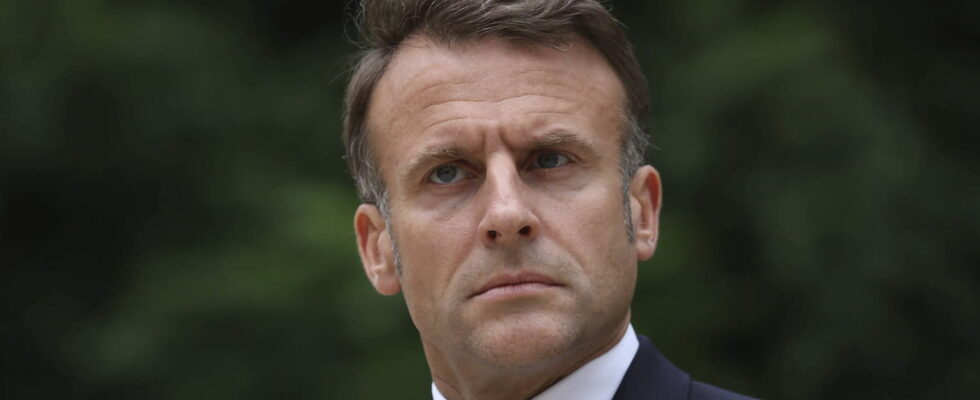Will a new Prime Minister need to be appointed based on the results of the legislative elections? While several personalities are positioning themselves for Matignon, it will be up to Emmanuel Macron to make this decision, subject to a few constraints.
Who will take over as head of government after the early legislative elections in 2024? The question is burning on the lips of many politicians as Gabriel Attal seems to be living his last days as Prime Minister, according to the results of the polls on the legislative elections. Maintaining a majority of the presidential camp in the National Assembly appears to be the only way for the current Prime Minister not to leave Matignon, but after the results of the first round, the presidential majority is unable to remain the leading force in the chamber. Does this mean that Gabriel Attal will have to resign and give up his place? But then who will be able to become head of government?
Candidates for the position of Prime Minister have come forward, discussing the different scenarios envisaged depending on the results of the legislative elections. Jordan Bardella has repeated his desire to be appointed to Matignon in the event of a victory by the National Rally since the beginning of the campaign. And several personalities on the left, including Jean-Luc Mélenchon and François Ruffin, have also volunteered to represent the New Popular Front if the latter wins the election. But there are also other options, such as a majority that could only be obtained by a coalition of several parties, and then who could be the Prime Minister?
Whatever the opposition says, it is up to the President of the Republic alone, and therefore to Emmanuel Macronwho is responsible for appointing the head of government, as provided for in Article 8 of the Constitution: “The President of the Republic appoints the Prime Minister”. But his choice is constrained by other factors.
Macron free to appoint whoever he wants to Matignon
The appointment of the Prime Minister is a decision that belongs solely to the Head of State and on which the opposition has no say. Cohabitation does not change this rule, and no special measures are provided for by the Constitution in the event of cohabitation. However, there is case law that has been valid since the first cohabitation of the Fifth Republic, which occurred in 1986 under the presidency of François Mitterrand. “The President of the Republic appoints whoever he wants. He must naturally place himself in conformity with the popular will. […] “I will have to address a personality from the majority to lead the government” declared the man who was the head of state.
This principle was respected during the other two cohabitations of the Fifth Republic and Emmanuel Macron should, barring any surprises, comply with it. Previous cohabitations have also confirmed the tradition of appointing the leader of the opposition, without this being an obligation. Emmanuel could therefore, in the event of a victory by the RN or the NFP, choose himself as Prime Minister as long as the latter represents the majority party, without necessarily choosing the personality put forward.
A choice forced by the threat of censorship
If the law does not constrain the President of the Republic in the choice of the Prime Minister, the parliamentary majority can. Hence the demands and positions of the different parties imagining themselves to win the election. Once appointed, the Prime Minister with his government is responsible to the Assembly and can at any time be overthrown by a motion of censure if he is not assured of the support of at least half of the elected representatives. The Constitution then provides for the forced departure of the head of government. This is why the Prime Minister is chosen according to the majority present in the hemicycle. This also explains why Jordan Bardella makes his appointment to Matignon conditional on obtaining an absolute majority in the Assembly: without this he knows that he could be forced to resign if a motion of censure is voted.
Prime Minister forced to resign after dissolution?
But will Gabriel Attal really be forced to leave Matignon in the event of a defeat in the legislative elections? Not by law. The Constitution requires the Prime Minister to pack up and leave in only two cases: when the National Assembly adopts a motion of censure or when it disapproves of the government’s program or general policy statement. A dissolution does not correspond to either of these situations, nor does a defeat in the legislative elections. The fact remains that constitutional custom requires a Prime Minister to present a “courtesy” resignation after a defeat at the polls reflecting the rejection of current policy.
Gabriel Attal has refused to comment on his possible resignation after the legislative elections before knowing the outcome of the vote. But his departure would be more than likely in the event of a defeat. Maintaining his position would then only delay a departure forced by a motion of censure.
